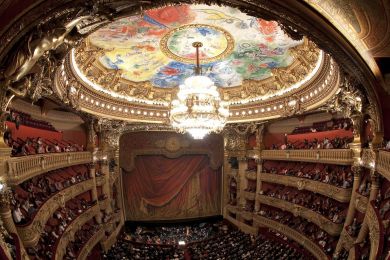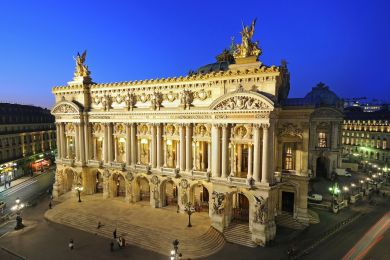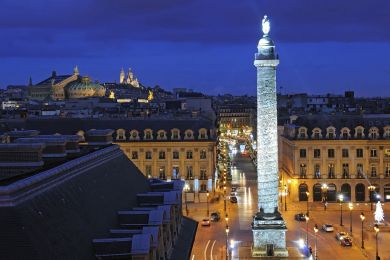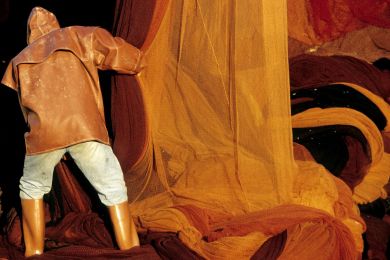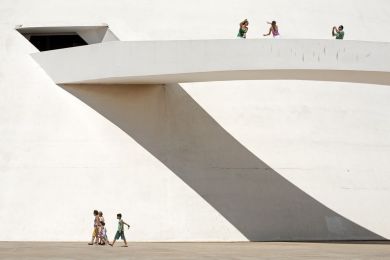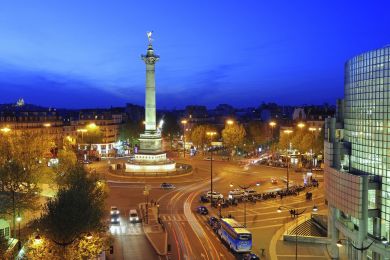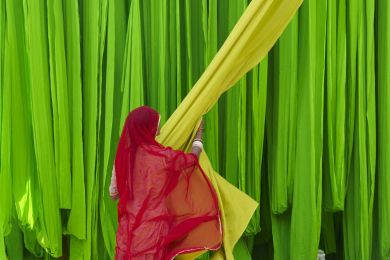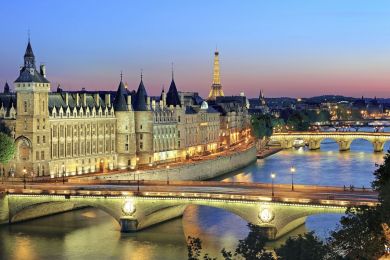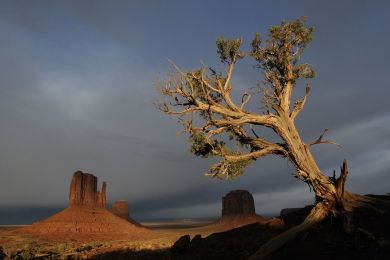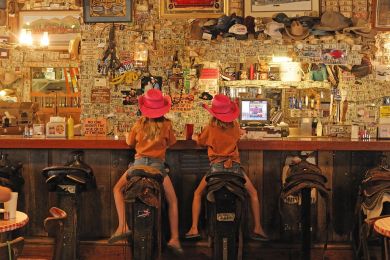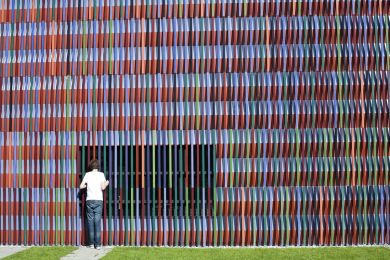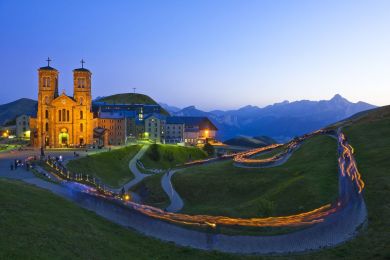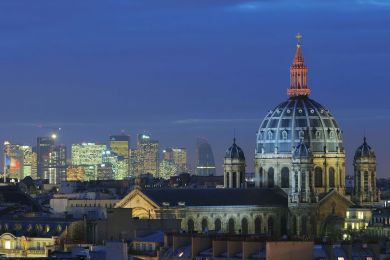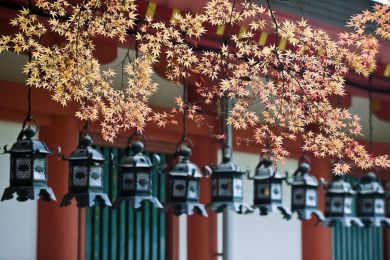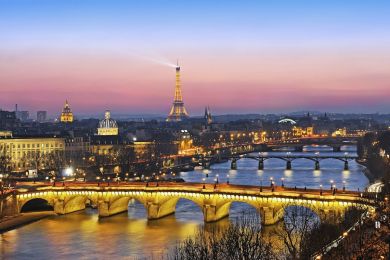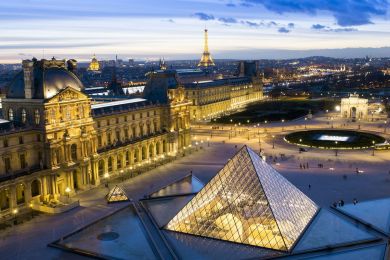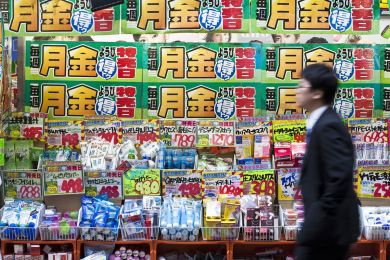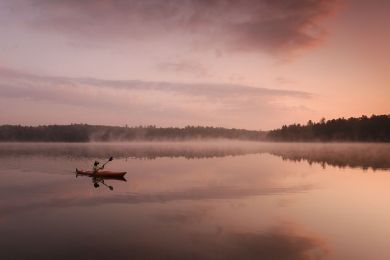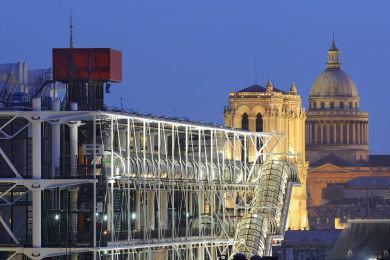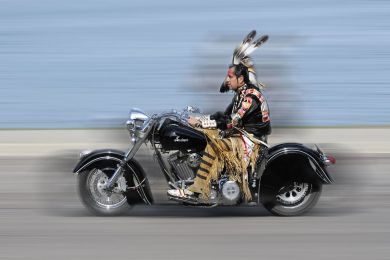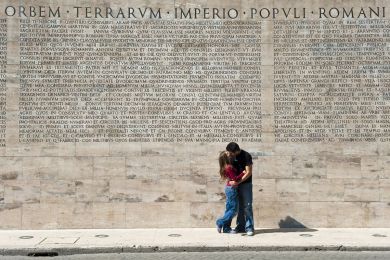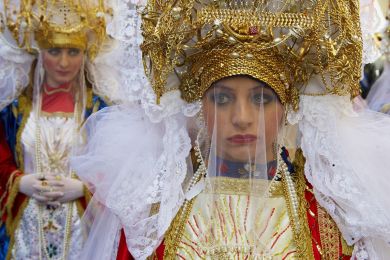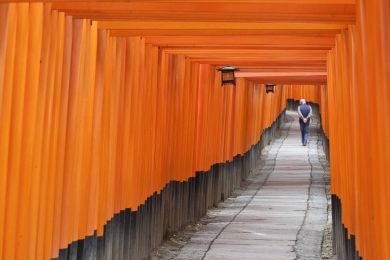By buying this product you can collect up to 178 loyalty points. Your cart will total 178 points that can be converted into a voucher of 35,60 €.
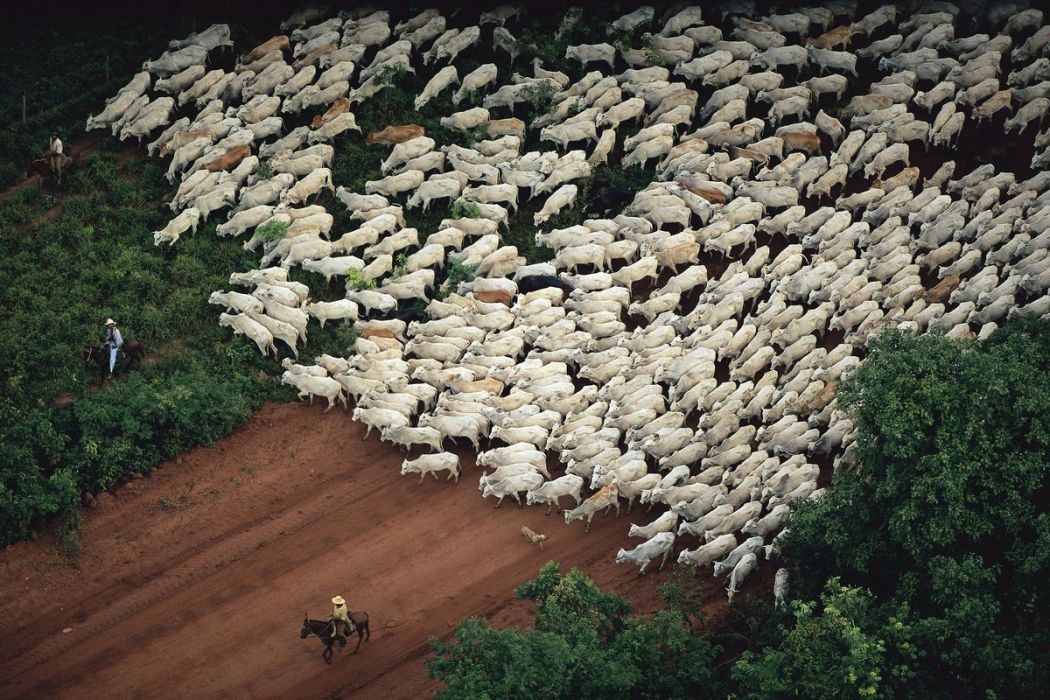 View larger
View larger
Picture information
Zebus, Mato Grosso, Brazil
Yann ARTHUS-BERTRAND
Art Photography by Yann ARTHUS-BERTRAND, herd of Zebu near Cáceres, Mato Grosso, Brazil. The Mato Grosso is one of the richest agricultural regions in Brazil. Livestock and crops are both intensively produced in immense farms known as fazendas.
Data sheet
| Orientation | Landscape |
| Color | White |
Zebus, Mato Grosso, Brazil
Yann ARTHUS-BERTRAND
Art Photography by Yann ARTHUS-BERTRAND, herd of Zebu near Cáceres, Mato Grosso, Brazil. The Mato Grosso is one of the richest agricultural regions in Brazil. Livestock and crops are both intensively produced in immense farms known as fazendas.
Fine Art Photography
Print by Experts
100 % Made In France
A recognized expertise, a search of permanent quality.
Printed by a professional photographic laboratory.
All prints are made to order, controlled by the Technical Director.
A certificate of authenticity is provided with each photograph.
Framework made by selected materials to give you the best results. every step of the processing is monitoring by experts.
Loyalty points
Gift Card
Don't miss the opportunity to do the best present...
The whole Yann Arthus-Bertrand photos available with Hemisgalerie gift card.
Lets your guest choose the best image.
Amount from 50 €, create and download directly on our website, valid for one year including promotions.
The original gift for all events
More info
The Mato Grosso is one of the richest agricultural regions in Brazil. Livestock and crops are both intensively produced in immense farms known as fazendas. Almost two thirds of the land available for farming belongs to less than 4% of the population in this country, of which half is not farmed, while 25 million poor peasants, 5 million of them landless, survive thanks to irregular agricultural work. This situation has given rise to violent conflict which has resulted in more than a thousand deaths over the past ten years. Driving the struggle since 1984, the Landless Rural Workers’ Movement (MST) is seeking to impose a fairer distribution of agricultural land. Over 20 years, by occupying land, the MST has forced the state to grant deeds of ownership to more than 350,000 families. Only agricultural reform could achieve a sustainable solution, but politicians are anxious about going against the interests of the rich landowners and the multinationals. When he was elected in 2002, President Lula da Silva, representing the hopes of the very worst off, promised to get to grips with the problem. Today, the MST is denouncing his lack of action.
















































